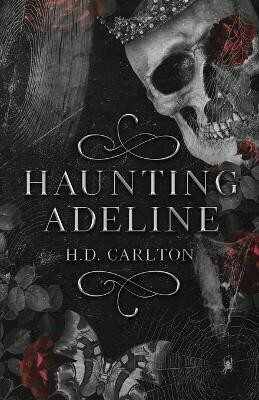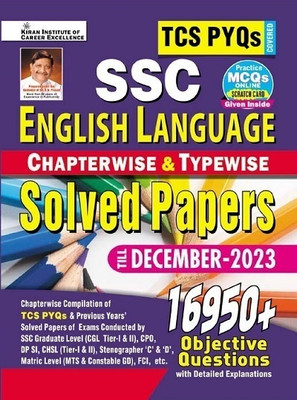
Dido's Daughters (English, Paperback, Ferguson Margaret W.)
Share
Dido's Daughters (English, Paperback, Ferguson Margaret W.)
Be the first to Review this product
₹3,203
₹3,444
6% off
Coupons for you
T&C
Available offers
T&C
T&C
T&C
T&C
Delivery
Check
Enter pincode
Delivery by13 Nov, Thursday
?
View Details
Highlights
- Language: English
- Binding: Paperback
- Publisher: The University of Chicago Press
- Genre: Literary Criticism
- ISBN: 9780226243122, 9780226243122
- Pages: 520
Services
- Cash on Delivery available?
Seller
Description
Our common definition of literacy is the ability to read and write in one language. But as Margaret Ferguson reveals in "Dido's Daughters", this description is inadequate, because it fails to help us understand heated conflicts over literacy during the emergence of print culture. The 15th through 17th centuries, she shows, were a contentious era of transition from Latin and other clerical modes of literacy toward more vernacular forms of speech and writing. Ferguson's aim in this work is twofold: to show that what counted as more valuable among these competing literacies had much to do with notions of gender, and to demonstrate how debates about female literacy were critical to the emergence of imperial nations. Looking at writers whom she dubs the figurative daughters of the mythological figure Dido - builder of an empire that threatened to rival Rome - Ferguson traces debates about literacy and empire in the works of Marguerite de Navarre, Christine de Pizan, Elizabeth Cary and Aphra Behn, as well as male writers such as Shakespeare, Rabelais, and Wyatt.The result is a study that sheds new light on the crucial roles that gender and women played in the modernization of England and France.
Read More
Specifications
Book Details
| Imprint |
|
Contributors
| Author Info |
|
Dimensions
| Width |
|
| Height |
|
| Length |
|
| Weight |
|
Be the first to ask about this product
Safe and Secure Payments.Easy returns.100% Authentic products.
Back to top






